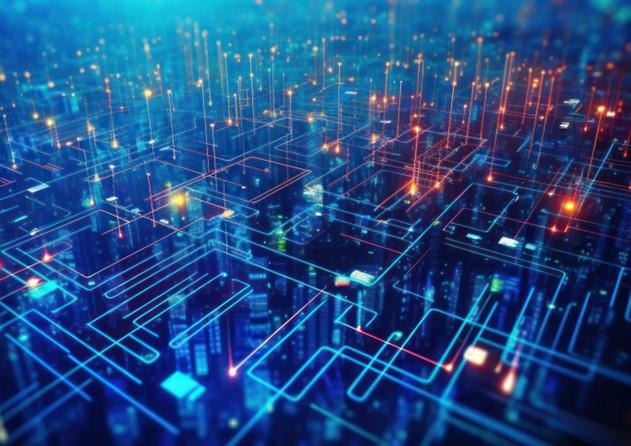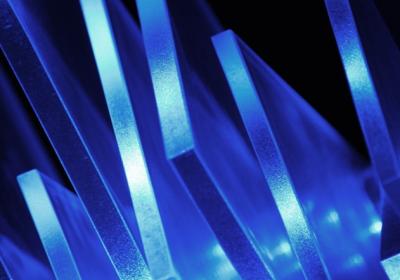Our Corporate Law Briefing Special Edition, provides an overview of recent developments in corporate legislation regarding the Decentralised Autonomous Organisations:
A. What Are DAOs?
B. The Legal Status of DAOs
C. Legal Questions
D. Regulating DAOs
E. Need for Legal Scrutiny
A. What Are DAOs
1. DAOs (Decentralized Autonomous Organizations) are virtual organizational structures based on blockchain/web3 technology, created for pursuing goals which are common to all their participants.
2. The main characteristics of blockchain technology are reflected in these structures, which therefore benefit from transparency and immutability, trust created through the consensus mechanism and increased security.
3. Decision making is a collective, decentralized (peer-to-peer) process, concluded without the need for central bodies. Governance arrangements operate by way of smart contracts, ie digital agreements executed automatically when the contract’s terms and conditions (written in blockchain-specific language) are met. Capital is raised by the issuance of tokens, which in turn give rise to the voting rights of the token holders.
4. The use and importance of DAOs is rapidly increasing:
a. In 2021 alone, their total value rose from $400m to $16bn and exceeded $24bn by mid-2023.
b. Participants increased from 13k to 1.6m in 2021, and by early 2022, the number of DAOs was estimated to be about 4k worldwide.
B. The Legal Status of DAOs
1. The operation of DAOs brings to mind the basic structure of traditional companies and certain analogies are reasonable: token holders could be seen as shareholders and funds raised compared to share capital. On the other hand, there are significant differences, including the following:
a. The decision-making process is decentralized; decisions do not depend on central persons or bodies, like a CEO, the Board of Directors or an Assembly General (which do not exist in a DAO); on the contrary, this power is distributed among all the participating nodes (token holders).
b. The DAO exists on a network of nodes, which may be scattered around the globe, with no physical headquarters or registered seat in any particular jurisdiction.
c. Operating rules are automatically enforced through the use of smart contracts.
C. Legal Questions
1. The decentralized organization of DAOs inevitably poses a series of questions that lawyers and regulators, as well as DAO initiators and participants, cannot ignore. For example:
a. What is the legal status of DAOs? Do they have a legal personality? Are they companies, joint ventures or associations falling within the corresponding regulatory framework?
b. How should issues relating to liability be dealt with? Among token holders, between token holders and the DAO, and/or in relation to third parties?
c. Are tokens equivalent to securities? Are they transferable and under what conditions?
d. In the absence of a registered seat, which jurisdiction can be considered competent for supervisory, regulatory, administrative and criminal purposes?
e. What is the applicable law in the case of disputes?
f. Who may or should be called to pay taxes? In which jurisdiction?
g. Is there a possibility for a DAO to be registered as a company or an association? How will the appropriate jurisdiction be chosen?
2. For the time being, there can be no certain answer to the above questions (although arguments may be supported in relation to some of them).
D. Regulating DAOs
1. Some jurisdictions worldwide such as Wyoming, USA and the Cayman Islands have enacted legislation recognizing a legal personality to DAOs. Other countries, like Switzerland and Bulgaria are envisaging the adoption of DAO friendly legislation while Malta has recognized DAOs as equivalent to Maltese limited companies. In November 2022, the UK launched a call for evidence with the aim of preparing a scoping paper (expected in the course of 2024) to examine, among other issues, the legal nature of DAOs.
2. Individual legislative initiatives like the above, however, cannot respond to challenges posed by the international character and cross-border operation of the underlying technology. International cooperation is necessary to prevent fragmentation in legislation and regulatory arbitrage.
3. Still mostly unregulated, DAOs cannot be categorized under existing legal forms (company, association or other) due to their decentralized character. In fact, many argue that submitting a DAO to the framework of a company would restrict the advantages of its decentralized character. It is for the same reason that the tool of legal analogy would also be of limited value.
E. Need for Legal Scrutiny
1. As blockchain technology continues to gain ground affecting most fields of economic activity, it is reasonable to anticipate a further increase in the use of DAOs as business vehicles. The absence of regulation does not make the operation of DAOs illegal, nor should it prevent initiators from using such structures to accommodate their needs.
2. In this environment of legal uncertainty and continuous evolvement of the law, the development of and/or participation in DAOs must be preceded by a thorough legal assessment and design, to ensure the maximum degree of legal predictability and to reduce risk.





